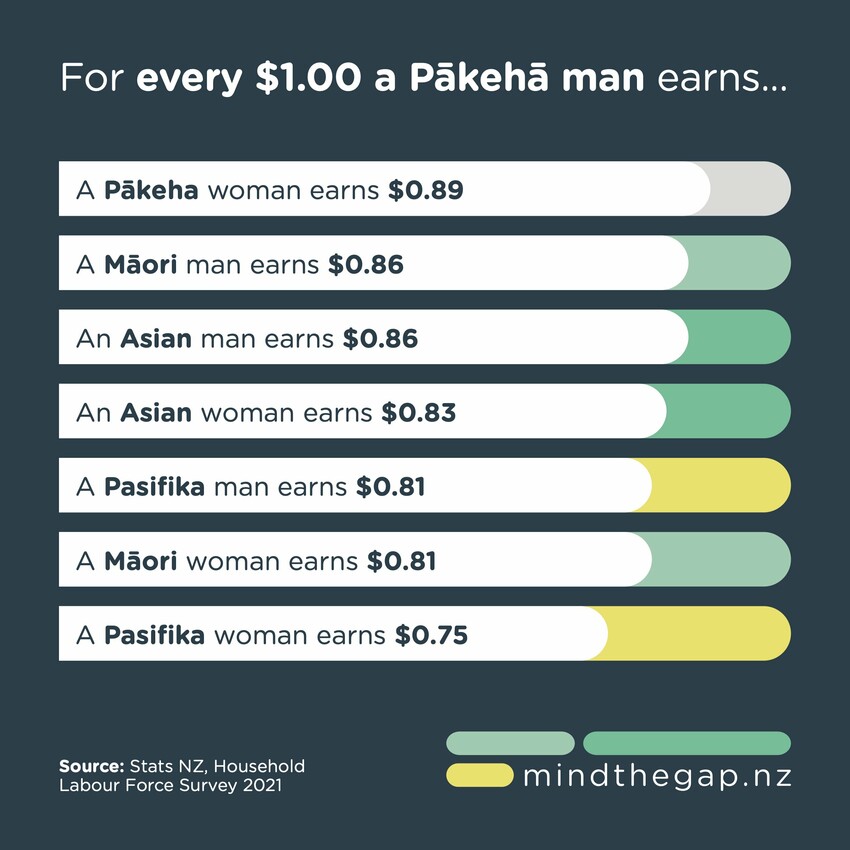Changes to Equal Pay Laws Likely to Worsen Pay Gaps for Māori and Pacific Women

Undervalued, unseen, and struggling to survive — this is the daily reality for many Pasifika women working at the coalface of Aotearoa’s lowest-paid sectors. They are our nurses, teachers, essential service workers, and frontline staff across a range of industries.
Pasifika women are, proportionally, the lowest paid workers in Aotearoa across most sectors. The fast-tracked changes to the Equal Pay Amendment Bill now risk hitting them harder than any other demographic.
"The Pay Equity Bill was rushed through Parliament then passed to save money, which feels like a slap in the face. Pacific nurses have been undervalued for years — now we’re being told our worth is too expensive. This isn’t equity, it’s exploitation," says Pacific nurse and mother Jaz Bee.
For Jaz, the changes are deeply disheartening in what is already a difficult climate in the health sector, where jobs are being cut and employment prospects are increasingly unstable.
The Pasifika early childhood education (ECE) sector, largely staffed by Pasifika women, is also expected to feel the immediate impact of the new law.
Italia Taouma, manager of A'oga Fa'asamoa, says the legislation will further widen existing inequalities: "The current Government’s changes to the Equal Pay Act mean that the pay gap that ECE teachers already have will widen even more. For Pasefika, it means that ECE will not appeal to young people with Pasefika language and culture to take up the profession. It will mean we won’t have up-and-coming teachers to take the reins from our ageing staff."
She adds, "This also sends the message that we are not valued — that our profession is not as worthy as others. The Government's patriarchal view that employment which emphasises nurturing, empathy, caring and alofa does not produce economic gains is regressive and closed-minded. These types of jobs are ones that women excel in, and in which they often dominate. This Bill puts another screw in the lid."
According to the 2021 Household Labour Force Survey (Stats NZ), for every $1.00 earned by a Pākehā man:

Māori and Pasifika women already experience the largest pay gaps in Aotearoa. The disparity is so significant that experts say it equates to Māori and Pasifika women "working for free" from the end of October for the rest of the year.
The new Bill increases the threshold required to raise a pay equity claim. Workers must now provide stronger evidence of discrimination at an earlier stage. The criteria for classifying an occupation as "female-dominated" have also been made stricter, and employers are granted more flexibility to exit the claims process. In addition, provisions for back pay have been removed, and any agreed pay increases can now be phased in over three years.
Critics argue that these changes will disproportionately disadvantage women in lower-paid sectors, particularly Māori and Pasifika women, by making it harder to challenge structural inequities. The previous legislation, introduced in 2020, was intended to make pay equity claims more accessible. The new amendments reverse several of those protections.
